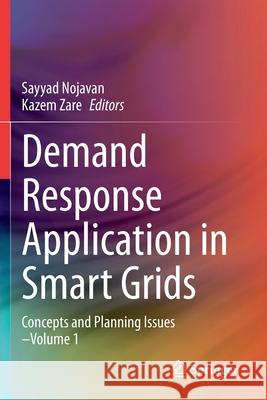Demand Response Application in Smart Grids: Concepts and Planning Issues - Volume 1 » książka
topmenu
Demand Response Application in Smart Grids: Concepts and Planning Issues - Volume 1
ISBN-13: 9783030314019 / Angielski / Miękka / 2021 / 282 str.
Demand Response Application in Smart Grids: Concepts and Planning Issues - Volume 1
ISBN-13: 9783030314019 / Angielski / Miękka / 2021 / 282 str.
cena 441,75
(netto: 420,71 VAT: 5%)
Najniższa cena z 30 dni: 424,07
(netto: 420,71 VAT: 5%)
Najniższa cena z 30 dni: 424,07
Termin realizacji zamówienia:
ok. 22 dni roboczych.
ok. 22 dni roboczych.
Darmowa dostawa!
Kategorie:
Kategorie BISAC:
Wydawca:
Springer
Język:
Angielski
ISBN-13:
9783030314019
Rok wydania:
2021
Wydanie:
2020
Ilość stron:
282
Waga:
0.41 kg
Wymiary:
23.39 x 15.6 x 1.57
Oprawa:
Miękka
Wolumenów:
01
Dodatkowe informacje:
Glosariusz/słownik
Wydanie ilustrowane
Wydanie ilustrowane











